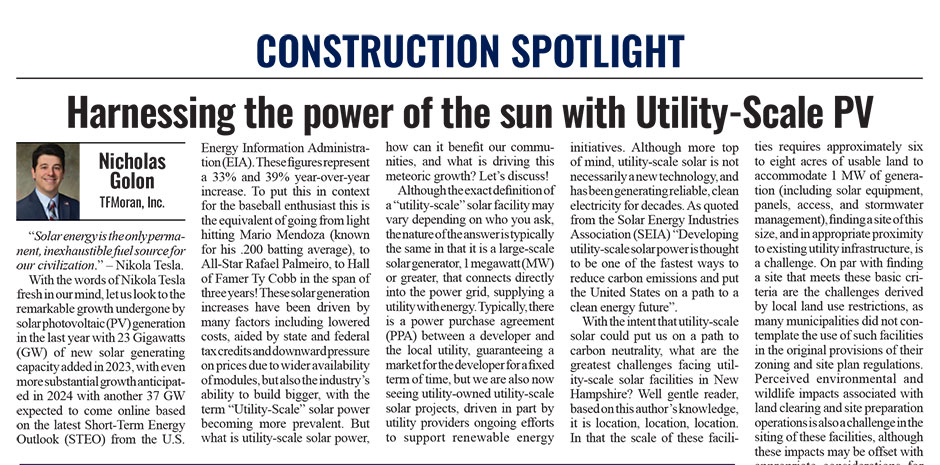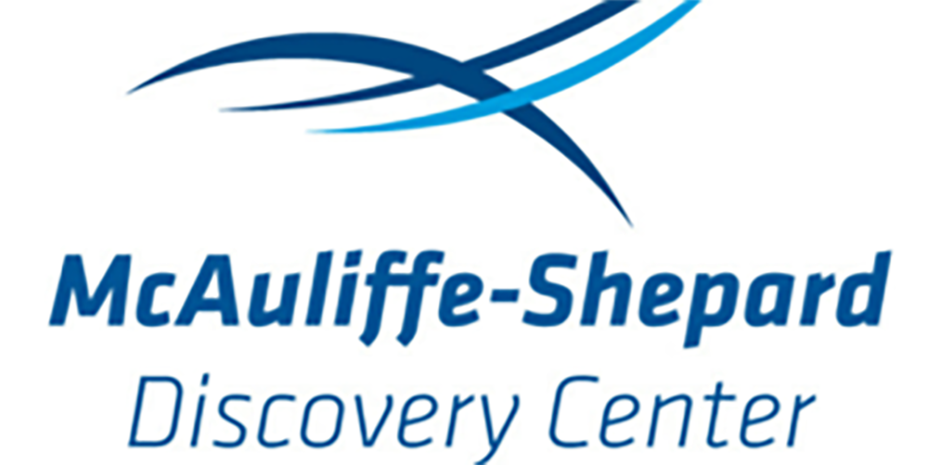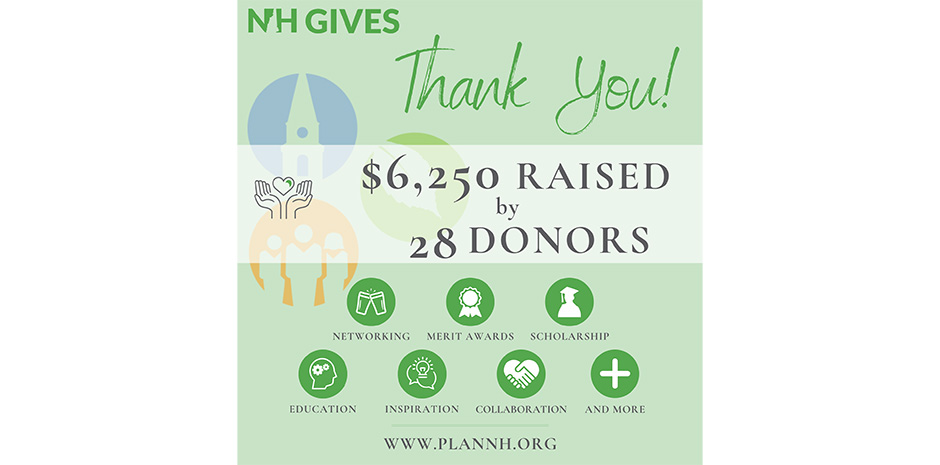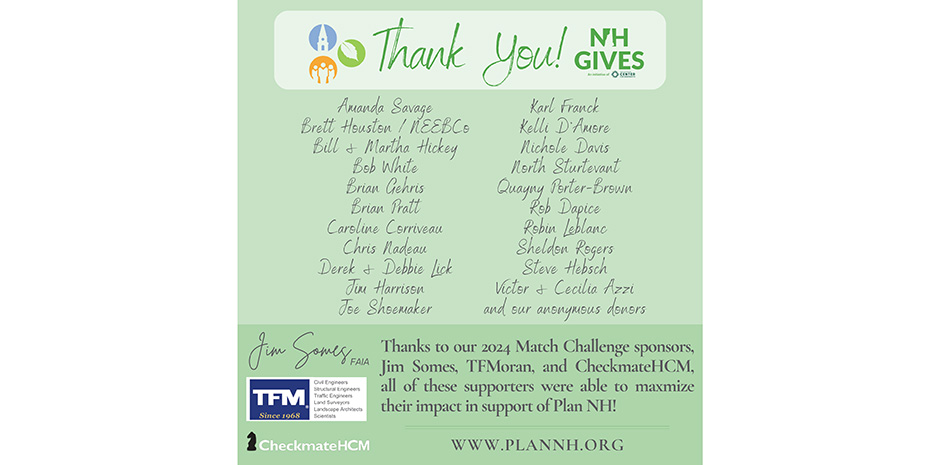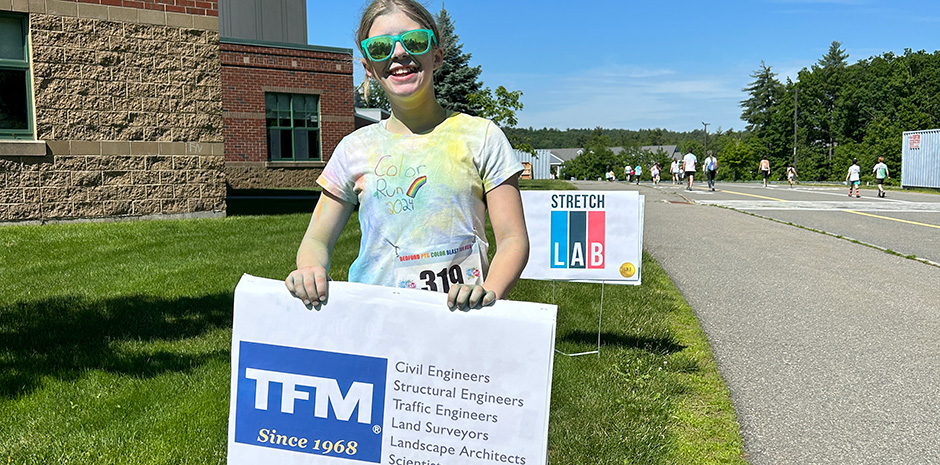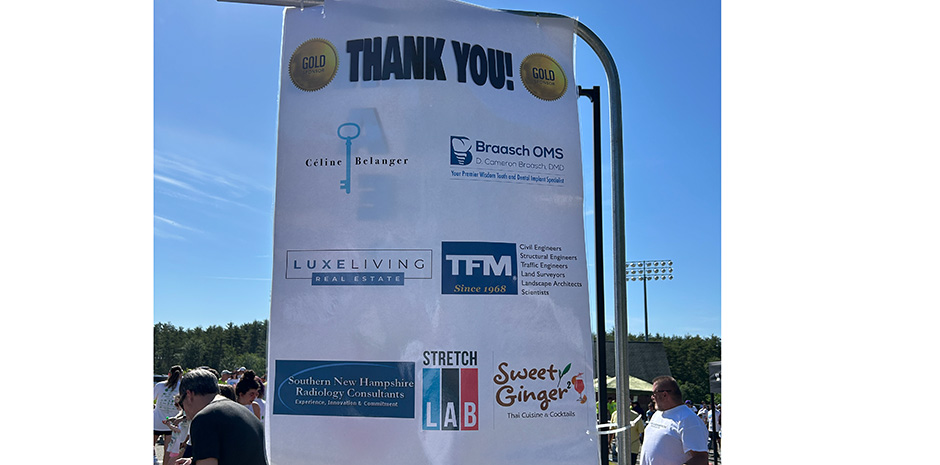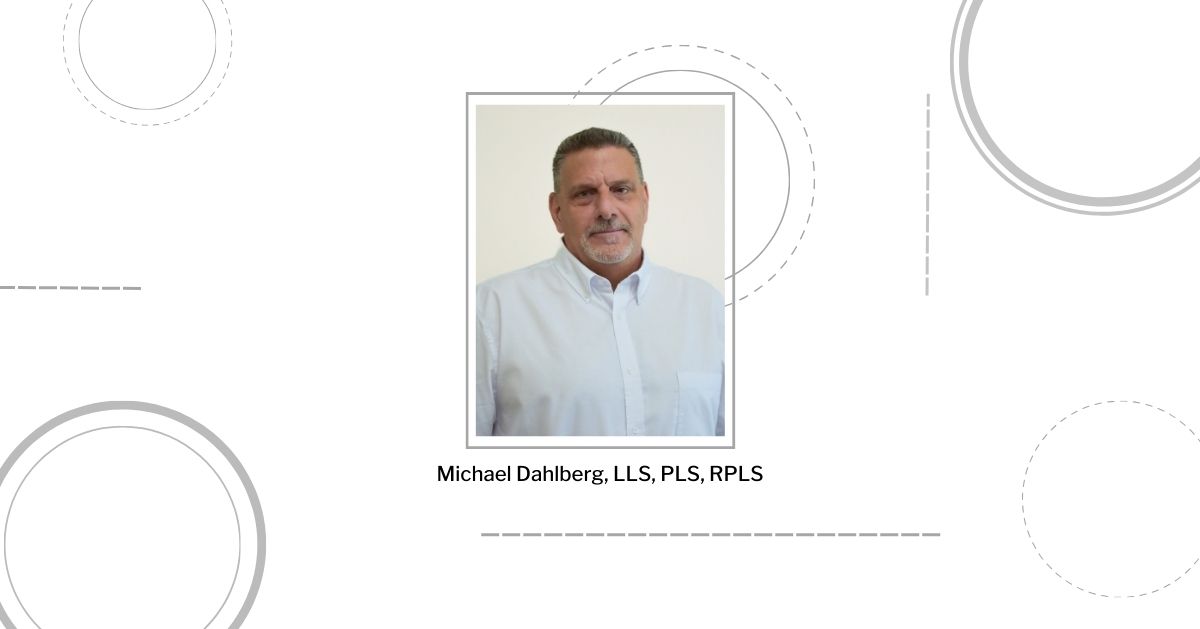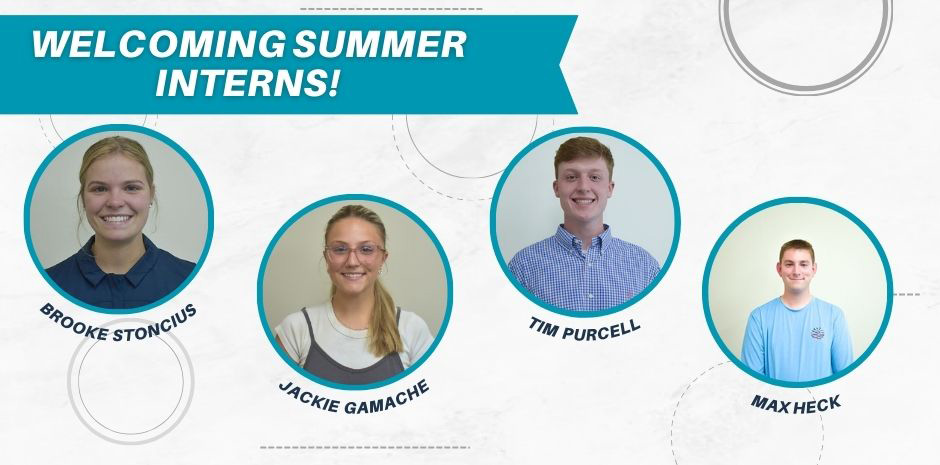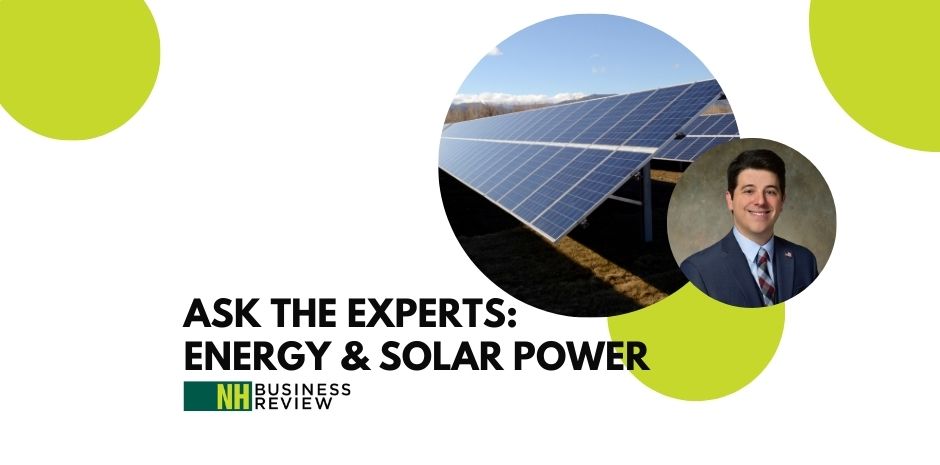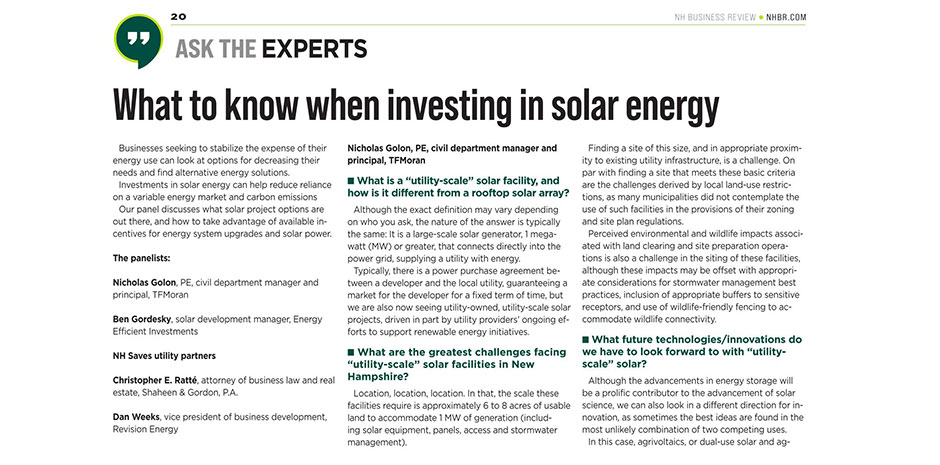New England Real Estate Journal’s June 7 issue features an article on solar energy by TFM Civil Department Manager and Principal, Nick Golon. Nick takes a deep dive into utility-scale solar facilities in New England and the challenges they may face in the early stages of development. See the whole article here, or continue reading below.
Harnessing the Power of the Sun with Utility-Scale PV
By Nick Golon
“Solar energy is the only permanent, inexhaustible fuel source for our civilization” – Nikola Tesla
With the words of Nikola Testa fresh in our mind, let us look to the remarkable growth undergone by solar photovoltaic (PV) generation in the last year with 23 Gigawatts (GW) of new solar generating capacity added in 2023, with even more substantial growth anticipated in 2024 with another 37 GW expected to come online based on the latest Short-Term Energy Outlook (STEO) from the U.S. Energy Information Administration (EIA). These figures represent a 33% and 39% year-over-year increase. To put this in context for the baseball enthusiast this is the equivalent of going from light-hitting Mario Mendoza (known for his .200 batting average), to All-Star Rafael Palmeiro, to Hall of Famer Ty Cobb in the span of three years! These solar generation increases have been driven by many factors including lowered costs, aided by state and federal tax credits and downward pressure on prices due to wider availability of modules, but also the industry’s ability to build bigger, with the term “Utility-Scale” solar power becoming more prevalent. But what is utility-scale solar power, how can it benefit our communities, and what is driving this meteoric growth? Let’s discuss!
Although the exact definition of a “utility-scale” solar facility may vary depending on who you ask, the nature of the answer is typically the same in that it is a large-scale solar generator, 1 megawatt (MW) or greater, that connects directly into the power grid, supplying a utility with energy. Typically, there is a power purchase agreement (PPA) between a developer and the local utility, guaranteeing a market for the developer for a fixed term of time, but we are also now seeing utility-owned utility-scale solar projects, driven in part by utility providers ongoing efforts to support renewable energy initiatives. Although more top of mind, utility-scale solar is not necessarily a new technology, and has been generating reliable, clean electricity for decades. As quoted from the Solar Energy Industries Association (SEIA) “Developing utility-scale solar power is thought to be one of the fastest ways to reduce carbon emissions and put the United States on a path to a clean energy future”.
With the intent that utility-scale solar could put us on a path to carbon neutrality, what are the greatest challenges facing utility-scale solar facilities in New Hampshire? Well gentle reader, based on this author’s knowledge, it is location, location, location. In that the scale of these facilities requires approximately six to eight acres of usable land to accommodate 1 MW of generation (including solar equipment, panels, access, and stormwater management), finding a site of this size, and in appropriate proximity to existing utility infrastructure, is a challenge. On par with finding a site that meets these basic criteria are the challenges derived by local land use restrictions, as many municipalities did not contemplate the use of such facilities in the original provisions of their zoning and site plan regulations. Perceived environmental and wildlife impacts associated with land clearing and site preparation operations is also a challenge in the siting of these facilities, although these impacts may be offset with appropriate considerations for stormwater best management practices (BMP’s), the inclusion of appropriate buffers to sensitive receptors, and use of wildlife friendly fencing to accommodate wildlife connectivity.
Although the advancements in battery storage will be a prolific contributor to the advancement of solar science, we can also look in a different direction for innovation, as sometimes the best ideas are found in the most unlikely combination of two competing uses. In this case, agrivoltaics or dual-use solar and agriculture, is the use of land for both agriculture and solar energy generation. As one of the acknowledged drawbacks for solar is the conflict it presents with agricultural production, given they share the commonality of preferred land conditions that are flat and provide abundant sun, the co-location of such uses would provide benefits to both industries. Such facilities do exist in the New England area, with the 4.2-MW Rockport Maces Pond Agrivoltaic project, a dual-use community solar project located on a blueberry farm in Rockport, ME., as well as the ongoing efforts of the University of Massachusetts Amherst through their research team collaborating with approval solar developers and host farmers to implement agrivoltaic operations at site around the Commonwealth of Massachusetts. Much like we see co-location of different land uses in a mixed-use land development project, it will be very interesting to see if this symbiotic practice of co-locating solar and agriculture can be successful.


